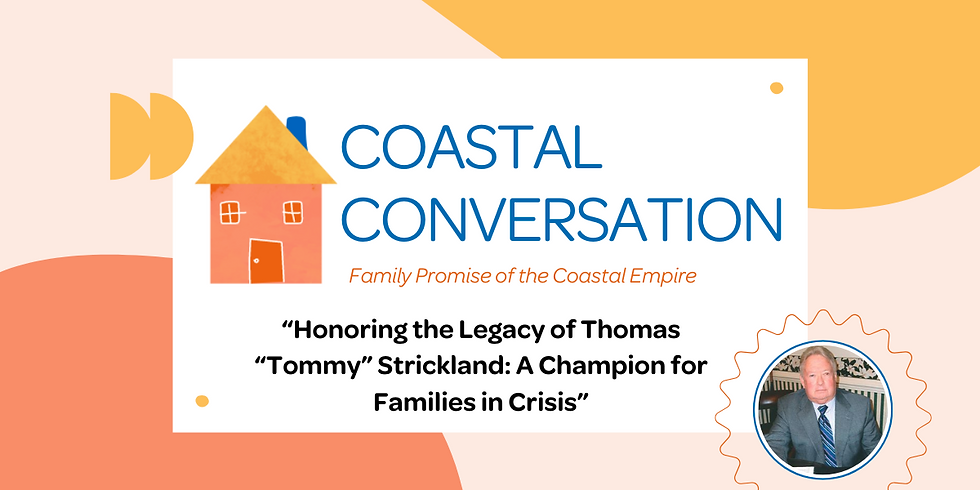Addressing Family Homelessness and Barriers to Accessing Mental Health Services
- fpcoastalempire

- May 2, 2024
- 3 min read
Updated: May 16, 2024

In a world where "home" represents safety, stability, and comfort, it's disheartening to acknowledge that many families struggle with homelessness. The often-overlooked issue of limited access to mental health services further exacerbates these families' dire circumstances. This blog delves into the complex intersection of family homelessness and the barriers preventing them from receiving essential mental health support.
The Hidden Crisis: Family Homelessness
Family homelessness is a profoundly distressing problem that affects individuals across the globe. Contrary to common perception, homelessness is not confined to individuals living on the streets; it also encompasses those temporarily residing in shelters, cars, or overcrowded accommodations. The plight of families experiencing homelessness is particularly problematic due to the vulnerability it imposes on children and adults alike. The absence of a stable living environment can lead to emotional distress, disrupt education, and hinder a family's ability to thrive.
The Overlooked Mental Health Connection:
Unsurprisingly, family homelessness and mental health are intricately intertwined. The emotional toll of unstable living conditions, financial uncertainty, and constant upheaval can lead to heightened stress, anxiety, and depression for all family members. Children, in particular, are susceptible to the adverse effects of homelessness, often experiencing developmental setbacks and struggling to cope with their challenges.
Prevention:
Family Promise understands that preventing homelessness in the first place is crucial, especially for families with vulnerable children. We work proactively to identify families at risk of homelessness and provide them with financial assistance, case management, and access to community resources to help them maintain stable housing.
Barriers to Accessing Mental Health Services:
While the need for mental health services is glaringly evident among homeless families, numerous barriers prevent them from receiving the support they require:
Financial Constraints: Homeless families often lack the financial means to access mental health services. Basic needs such as food, adequate shelter, and clothing take precedence, leaving little room for investing in mental well-being.
Stigma and Shame: Society's stigma around homelessness can discourage families from seeking help for their mental health concerns. The fear of judgment and misconceptions about homelessness further isolate these families.
Lack of Awareness: Many families experiencing homelessness are unaware of the mental health services available. Navigating the healthcare system becomes daunting when faced with multiple challenges simultaneously.
Limited Accessibility: Even when families are aware of available services, logistical barriers such as transportation, distance, and lack of resources can hinder their ability to access these services.
Cultural and Linguistic Barriers: Homeless families from diverse cultural backgrounds may encounter language barriers and cultural insensitivity when accessing mental health support.
A Call To Action:
To address the multifaceted issue of family homelessness and the barriers to mental health services, collaborative efforts are imperative:
Community Engagement: Community organizations, nonprofits, and local governments should work together to raise awareness about the mental health needs of homeless families and provide accessible information.
Integrated Services: Establishing integrated service centers that offer housing assistance and mental health support can streamline the process for needy families.
Training and Sensitization: Healthcare professionals should receive training on the unique challenges homeless families face and develop cultural competence to provide sensitive care.
Policy Advocacy: Advocacy for policy changes that allocate resources to address family homelessness and mental health services can drive systemic improvements.
Education Initiatives: Initiatives within schools and shelters can help children and parents understand the importance of mental health and reduce stigma.
Family homelessness is a pressing issue with severe implications for mental health and overall well-being. By recognizing the barriers preventing homeless families from accessing mental health services, we can take steps to bridge these gaps and offer essential support to those who need it the most. It's a matter of providing shelter and fostering an environment where families can heal and rebuild their lives.

Katrina Bostick
Executive Director
Family Promise of the Coastal Empire




Comments